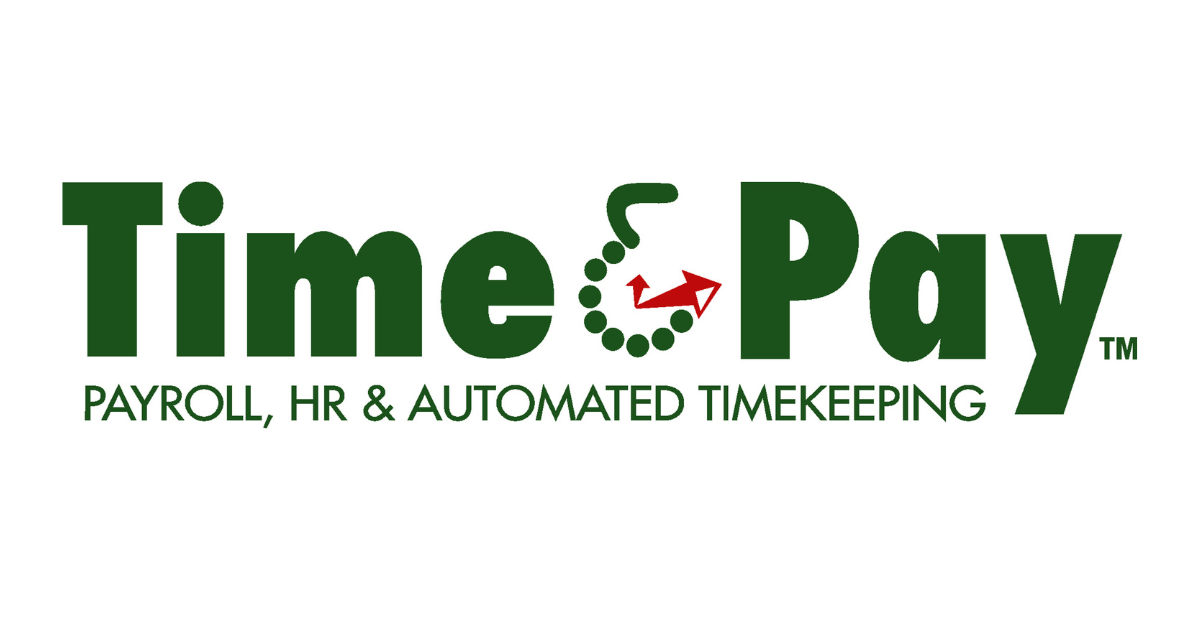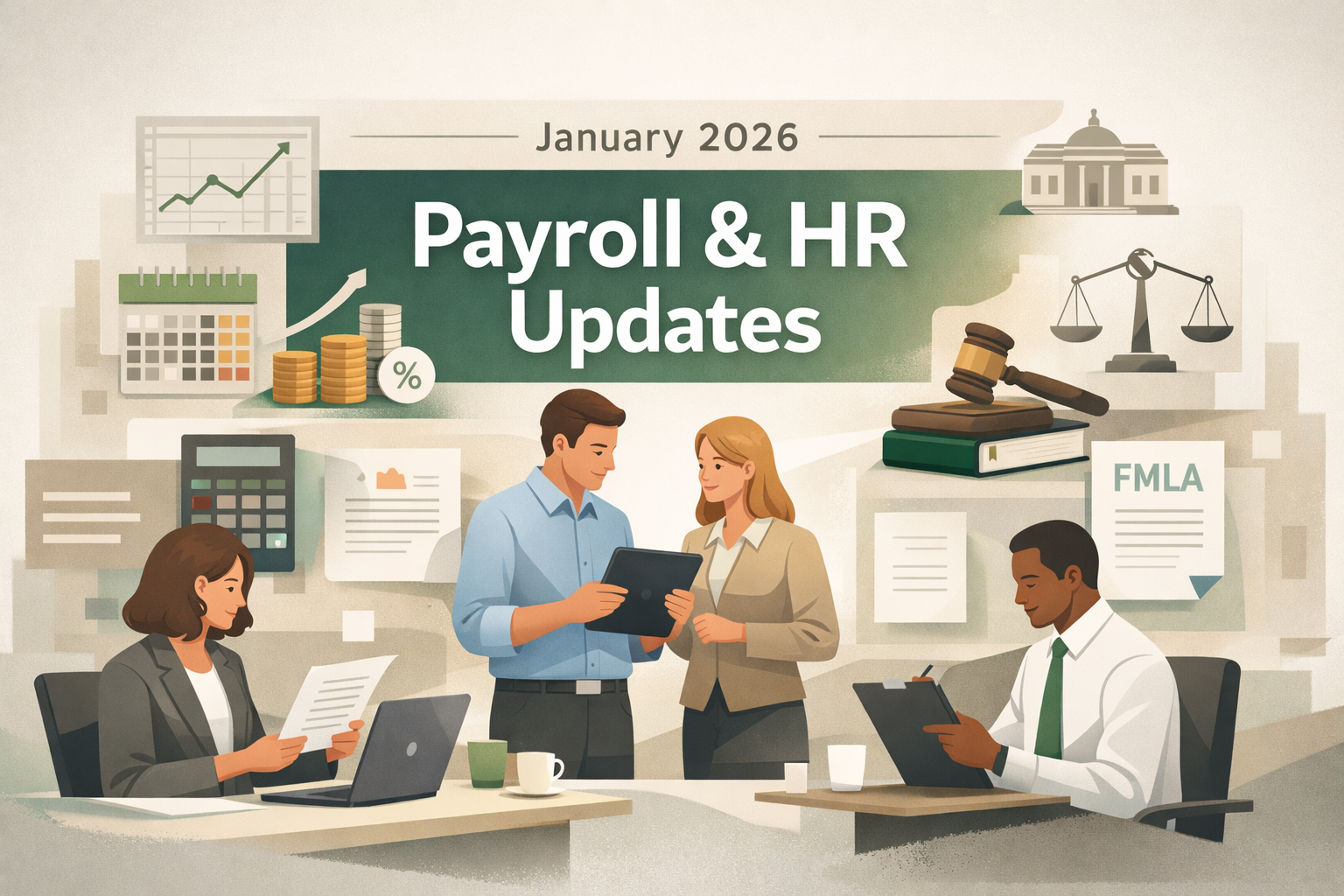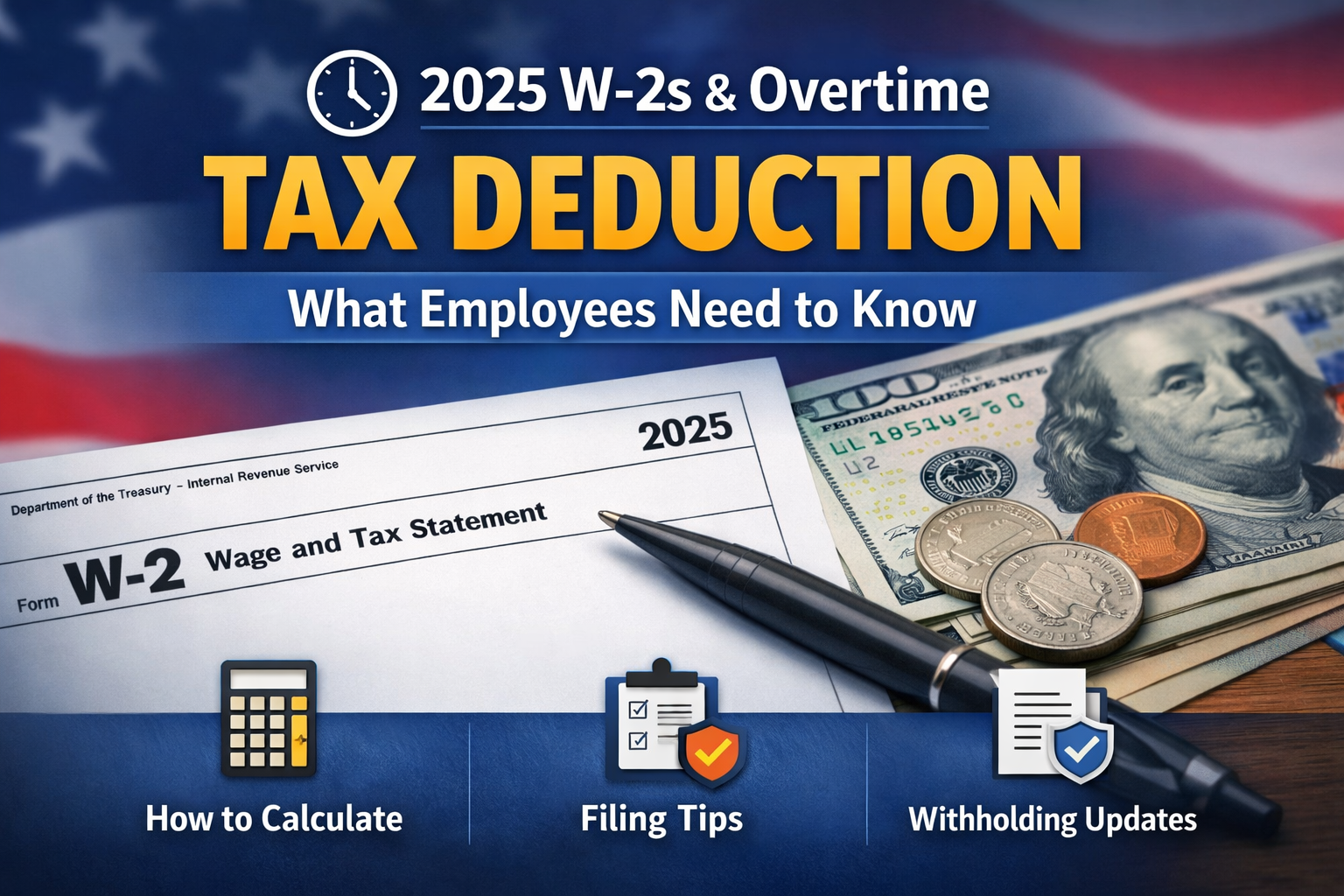What's New?
The U.S. Department of Labor (DOL) has announced an important update to the salary threshold for overtime-exempt employees, which takes effect on July 1, 2024. This change impacts employers and employees nationwide, and it’s crucial to understand the new requirements to ensure compliance with federal labor laws.
Overview of the New Salary Threshold
The updated rule increases the salary threshold for white-collar exemptions under the Fair Labor Standards Act (FLSA). This affects executive, administrative, and professional employees who are exempt from overtime pay.
Key Details:
- Previous Threshold: $35,568 annually ($684 per week)
- New Threshold (Effective July 1, 2024): $43,888 annually ($844 per week)
Employees earning less than this new threshold will be entitled to overtime pay for hours worked over 40 in a workweek, regardless of their job duties.
What Employers Need to Know
1. Review Employee Salaries
Employers must review the salaries of all currently exempt employees to determine if they meet the new threshold. Any employee earning less than $43,888 annually will no longer qualify for the overtime exemption.
2. Update Payroll Systems
Ensure that your payroll systems are updated to reflect the new salary threshold. Accurate overtime pay calculations are essential for compliance with the updated DOL regulations.
3. Consider Salary Adjustments or Reclassifications
Employers may need to decide whether to increase the salaries of employees close to the threshold to maintain their exempt status or reclassify them as non-exempt and pay overtime.
4. Enhance Time-Tracking Procedures
Implement or upgrade time-tracking systems to accurately monitor hours worked by non-exempt employees. This ensures that all overtime hours are correctly recorded and compensated.
5. Communicate Changes to Employees
Clearly communicate these changes to your employees, explaining how the new threshold impacts their status and compensation. Training managers to understand and manage these adjustments is also recommended.
Benefits of Compliance
Avoiding Penalties
Compliance with the new rule helps employers avoid potential fines and legal actions associated with non-compliance.
Employee Satisfaction
Transparent communication and fair compensation practices can enhance employee morale and retention.
Operational Efficiency
Proper classification and tracking can lead to more efficient workforce management.
Conclusion
The new DOL salary threshold for overtime exemption is a significant change that employers need to address promptly. By understanding the new rule, updating payroll systems, and effectively communicating with employees, businesses can ensure compliance and maintain a positive workplace environment.
For more detailed information about the new rule and its implications, visit the Department of Labor’s website.
URLs:
- Department of Labor: Overtime Rule
- Fair Labor Standards Act (FLSA)
- Webinar w/ SESCO Management Consultants




